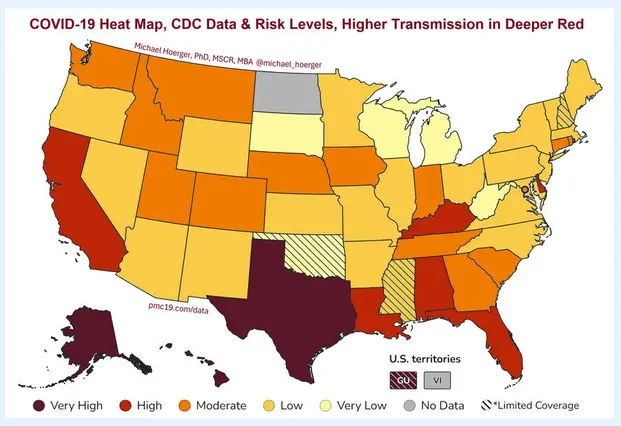T4K3.news
Factory staffing under policy pressure
Immigrant workers lose work eligibility after CHNV and TPS changes, risking short-term production gaps at major plants.

Trump ended Biden era protections, stripping work authorization from thousands and leaving manufacturers to cope with gaps on the factory floor.
Factories lose immigrant workers stressing those who remain
GE Appliances in Louisville, Kentucky faced a sudden wrench when four workers on a 26-person washing machine line learned their immigration status had changed after the CHNV program ended. Those workers had relied on a two-year humanitarian parole to stay and work, a shield that policy shifts in Washington have now removed. Supervisor and union steward Jaelin Carpenter recalls the panic as coworkers asked if they would be deported and no clear guidance arrived from leadership.
Across similar plants, other manufacturers report losses tied to the same policy moves. Kraft Heinz in Holland, Michigan, says six employees lost work eligibility, and informal HR briefings have told more workers they are no longer able to stay. The CHNV program, which enrolled hundreds of thousands from Cuba, Haiti, Nicaragua and Venezuela, along with Temporary Protected Status for several countries, faced legal challenges as the administration moved to end them. Some workers continue to fight to remain in the United States, delaying any mass departures while courts determine the next steps.
GE Appliances has added two new production lines and expects to need 800 more workers by 2027, underscoring how policy shifts can create short-term staffing volatility even as demand for appliances grows. Officials say the company has kept a pool of replacement workers ready, but the churn still matters on the shop floor where precision and training matter for safety and output.
Key Takeaways
"These are people who are on critical jobs"
Carpenter on workers' importance on the line
"Whatever you give them, they'll do"
Torres on immigrant coworkers' work ethic
"The people is not illegal"
Lucas on Haitians at GE Appliances
"CHNV was abused to admit hundreds of thousands of poorly vetted illegal aliens"
Abigail Jackson on CHNV policy
The changes reveal a clash between tight labor markets and political shifts. Immigrant workers have long filled skilled and essential roles, particularly in manufacturing. When protections lapse, employers must balance compliance with production needs, often by ramping up recruitment or accepting temporary slowdowns. Short-term staffing gaps can ripple through supply chains, forcing overtime for remaining workers and risking mistakes on critical tasks. The broader region’s economy depends on a steady flow of immigrant labor, a point echoed by local business groups urging policymakers to expand legal immigration to address shortages.
Beyond the factory walls, the policy landscape is unsettled. Court challenges to CHNV and TPS will determine whether permits are extended or rescinded, and the outcome will shape hiring plans for years. In the near term, unions and employers alike will watch the political climate closely, weighing the costs of strict immigration rules against public arguments over jobs and wages. The tension between securing borders and sustaining production highlights a deeper question: can policy keep pace with a modern, globalized workforce?
Highlights
- These are people who are on critical jobs
- Whatever you give them, they'll do
- The people is not illegal
- CHNV was abused to admit hundreds of thousands of poorly vetted illegal aliens
Immigration policy changes risk for manufacturers
The reversal of CHNV and TPS protections creates a fragile workforce on factory floors, potentially affecting production, local economies, and investor confidence. Legal challenges add ongoing uncertainty that could delay hiring and expansion plans.
Policy shifts will keep reshaping the factory floor as courts weigh the legality of restrictions.
Enjoyed this? Let your friends know!
Related News
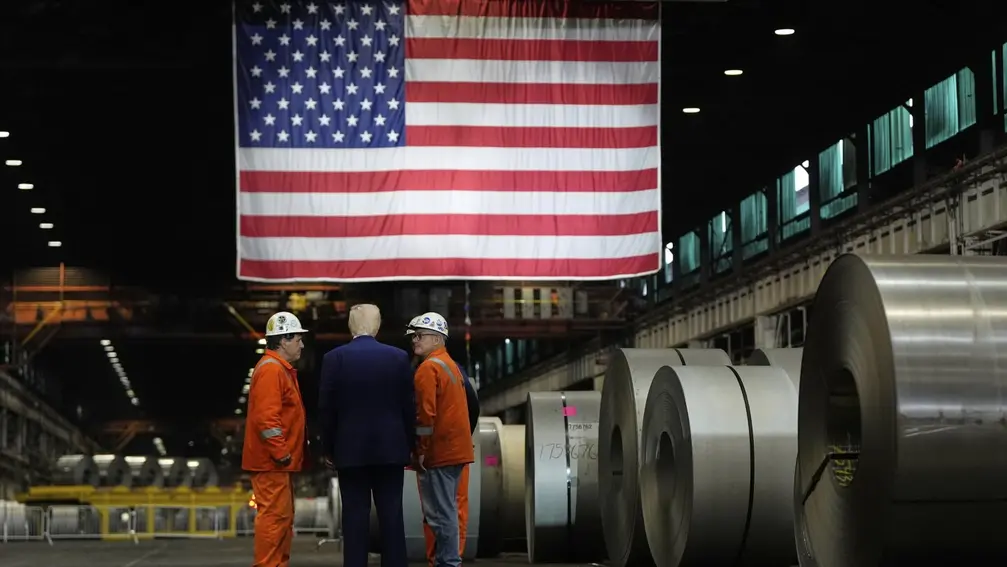
Trump tariffs may increase manufacturing costs significantly
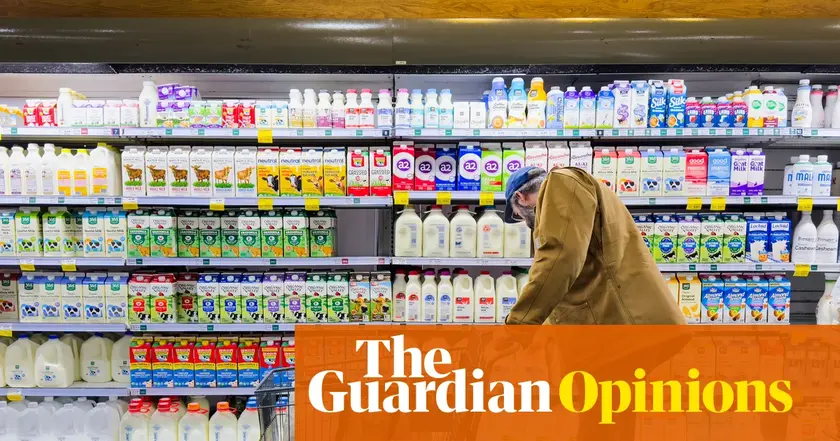
Trump's trade war winds up as a consumer headache

NHS dentistry under strain
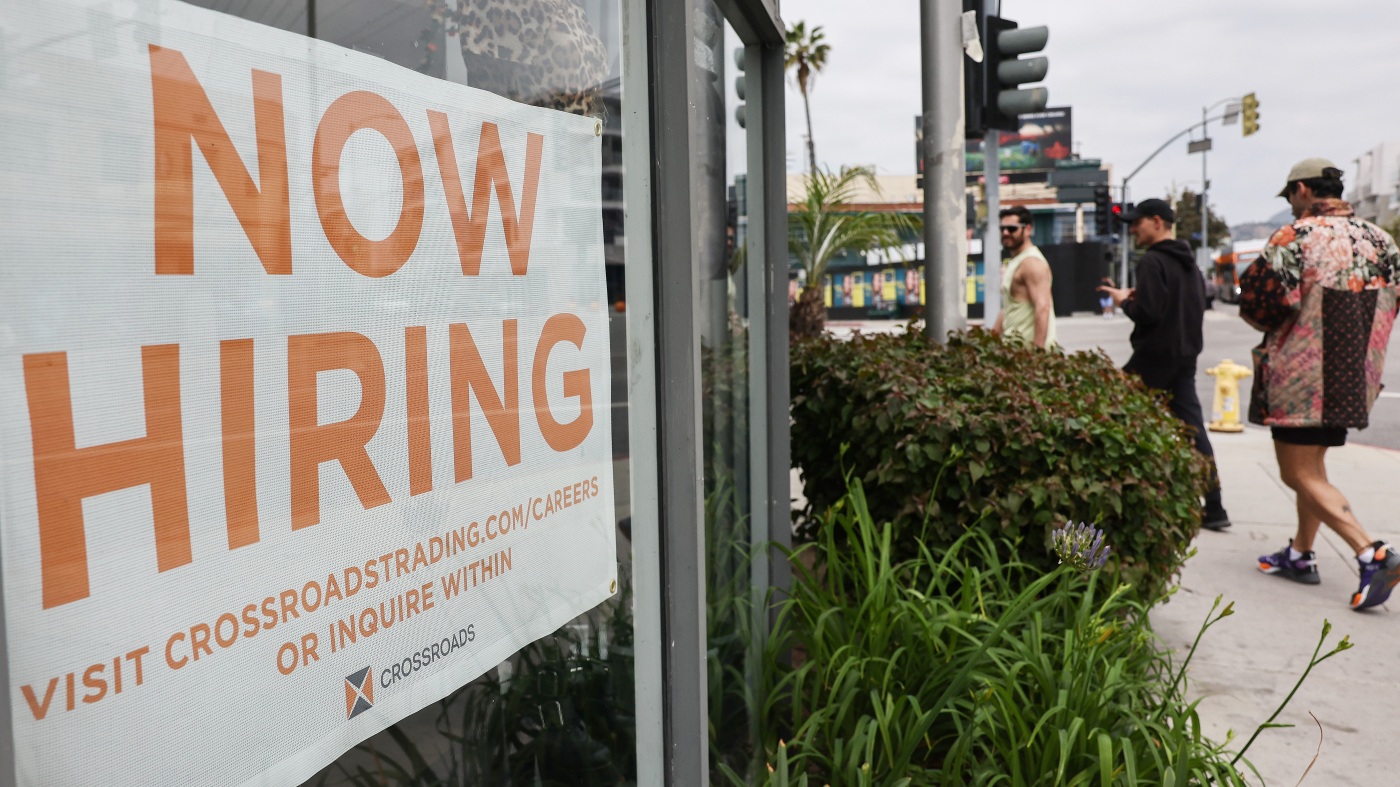
Trump demands Labor official's removal after job report
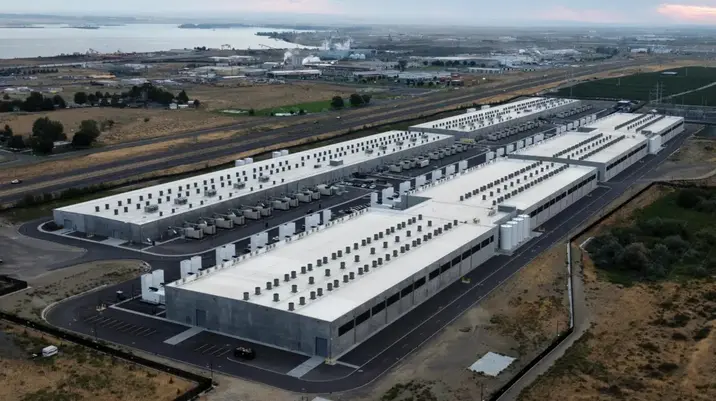
Power bills rise as data centers face new scrutiny
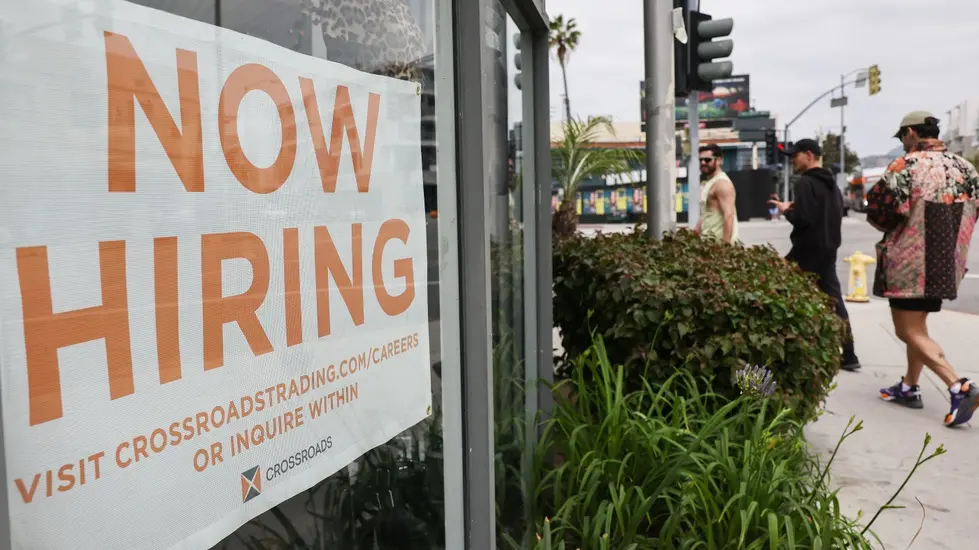
Job growth slows as tariffs impact U.S. economy
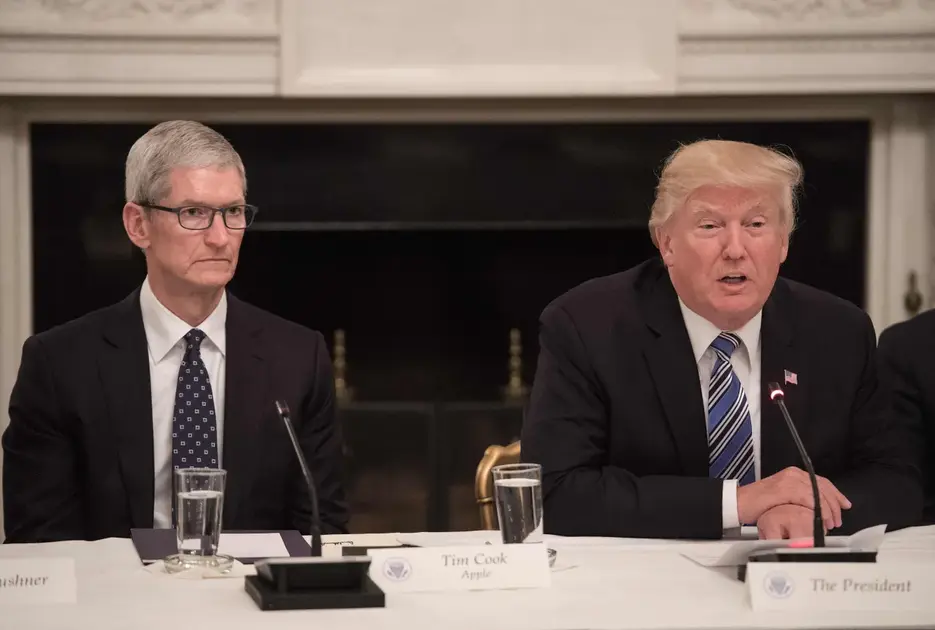
Apple Expands U.S. Manufacturing Commitment

Majorca restaurants ban bill splitting during busy season
